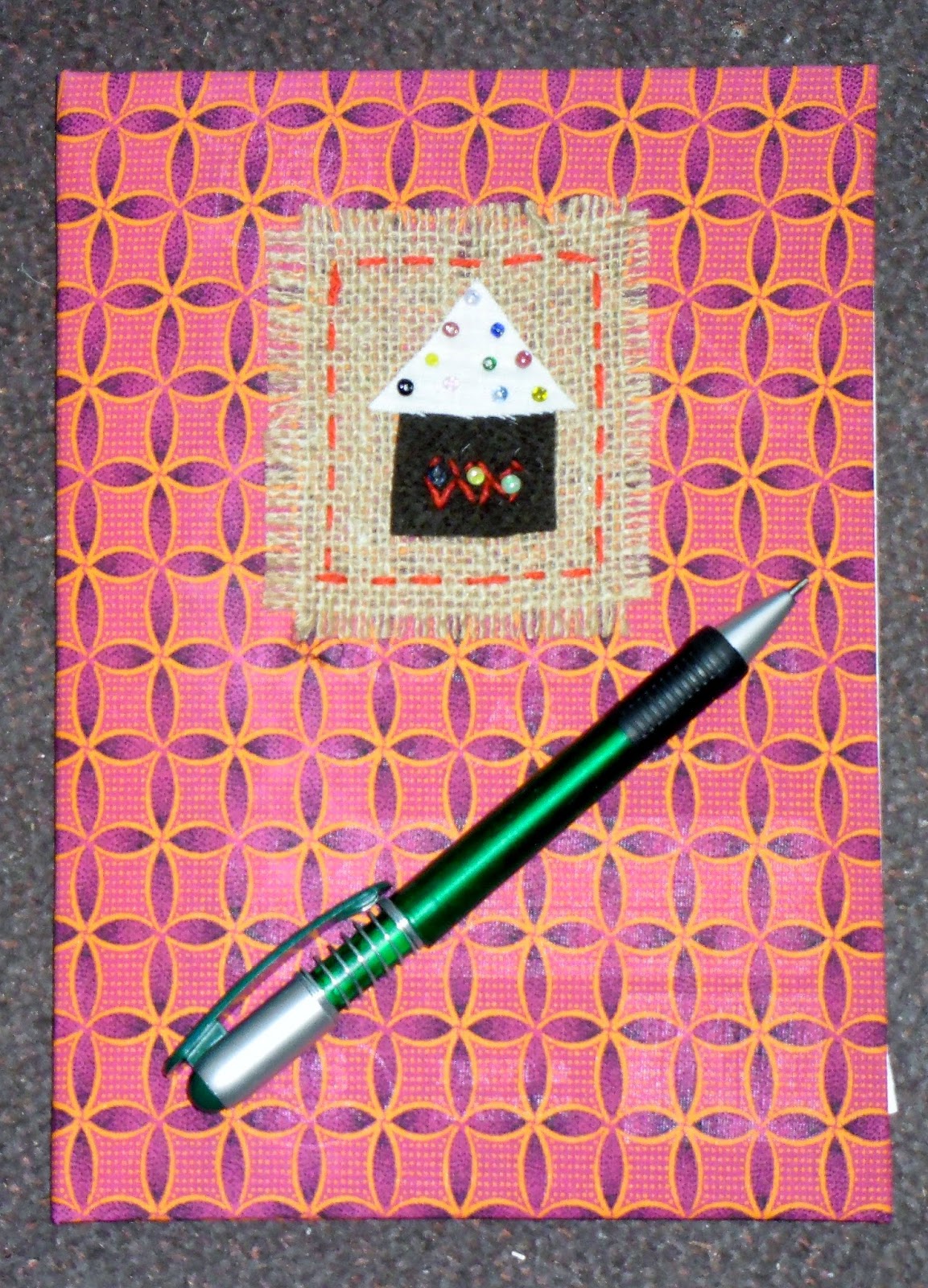Bubbles in different settings this year: new bubbles, burst bubbles, fun bubbles, joyful bubbles at a wedding, bubbles for kids in Liberia, physical bubbles, metaphorical bubbles. Bubble-making requires 100% focus. The right amount of controlled exhaling and no rushing! Is that why we make them at weddings? Taking a deep breath to celebrate beauty?
I watched a 3-year-old try and fail, because all he was doing was blow loudly with all his might. Instead of bubbles, he got drops of soap flying all over the place. When I showed him how to do it, his face lit up at the sight of bubbles in the air.
Long ago a description of bubbles appeared on this blog (soccer and soap, 2006):
That's how I tried to go to Liberia. To meet people and bump into their lives for a moment, just to bring some color and joy. As I mentioned earlier, to simply ask them how they are doing.Perfectly round, because they take up the most convenient shape (ever seen a soap bubble turn out triangular or star-shaped?), thin and fragile, but floating, because they are that light.We watched two of them interfere with each other and bounce off harmoniously, without breaking. “People should be like soap bubbles,” GJ concluded. “When they meet they don’t need to hurt each other.”
I have been back now for two weeks and have had many thoughts and feelings about this place in Rivercess. I spent some time doing volunteer work at the Liberian Inland Mission Clinic (LIMC) as a midwife; giving out medicine, attending to wounds, sorting through some administrative work, screening patients, giving basic health education and antenatal care. By doing that for a short while, the local nurse and midwife are freed up for some other activities. Otherwise they are basically on call 24/7.
It's a tiny contribution to a place of great need, but one incident keeps reminding me of the effects of visiting and showing a little care to people who aren't used to being seen very much.
On my previous trip to Liberia in 2014, I held a tiny dying baby who was brought to the clinic days too late. I saw the mother's grief as I broke her final bubble of hope.
We talked a few times after that and prayed for the healing of her body and heart. She brought a friend with a sick child to the clinic. She wasn't angry with me for not being able to save her baby.
This time, I didn't see her, but I asked her brother how she's doing. I was so happy to hear she now has a healthy little boy. It took a moment for her brother to understand that I was asking about her. Finally, his face broke into a smile as he said: "You remember my sister?"
His reaction shocked me a bit. I have seen many patients come and go, but some have to leave footprints in your heart. Her baby died in my arms; I saw her rip her clothes and cry terribly as she realized it was too late for help. How could I not remember her?!
Liberia hasn't bounced off on me like a soap bubble, I guess. The more you really meet and see people, especially those who are hurting, the more you end up a little heart-broken yourself.We're meant to be able to do damage. In fact, I'd argue that the more you care about a person, the more you enable that person to hurt you. It's called love, eh? The *ouch* in relationships are where a lot of depth comes from. Needing to ask forgiveness, going through restoration, understanding a person's internal workings and why they hurt and how you can care better for them.
And I think that's a worthwhile experience.














